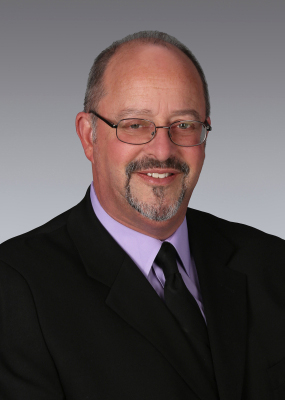
Your Fiduciary Duty
Robert Kennedy once said, “It is the essence of responsibility to put the public good ahead of personal gain.” For Florida condominium and homeowners’ association officers and directors, this fiduciary responsibility to the members of your association is no different. You are not simply a figurehead! Rather, you are a leader, entrusted with the task of acting in the best interests of the association and its members. This means that you must exercise the utmost loyalty, good faith, and due care in carrying out your responsibilities.
Loyalty means that you must put the interests of the association and its members before your own personal interests. This can be a difficult task, especially if you have close relationships with certain members, vendors or suppliers. However, you must always remember that your primary responsibility is to the association, and that any conflicts of interest must be disclosed and dealt with appropriately.
Good faith means that you must act honestly and with integrity at all times. This includes making decisions based on what you believe is best for the association, rather than your own personal gain. You must also keep the interests of all members in mind, not just a select few. This can be challenging when you are faced with competing demands or limited resources. However, you must always strive to make decisions that are fair and reasonable, and that reflect the values and goals of the community at large.
Due care means that you must exercise reasonable care and diligence in carrying out your responsibilities. This includes being informed about the issues facing the association, and seeking out expert advice when necessary. You must also be familiar with your association’s governing documents, rules and regulations, and applicable laws (Chapter 718, Chapter 720), in order to ensure that you are acting in accordance with their requirements.
One of the most important aspects of your fiduciary duty as an officer and/or director of a community association is to maintain the financial health of the association. This means that you must ensure that the association is operating within its budget, and that all expenses are being accounted for. You must also be transparent with the members of the association by providing regular financial reports and keeping accurate records. This may be challenging, especially if you don’t have a background in finance or accounting. Thus, it is most important to seek out the advice of competent professionals, such as accountants, attorneys and managers.
Mistakes in judgement and errors in application are normal. They are just a part of the human experience, and nobody is perfect all of the time. That is why it is important to ensure that your association maintains officers and directors insurance (also known as “errors and omissions” insurance). This insurance protects board members from simple negligence and, well, honest mistakes. The law is designed to do the same, and generally protects association officers, directors, and even committee members from actions that amount to honest mistakes or errors in judgment, as long as the officer, director, or committee member does not commit an act of self-dealing, take action with a reckless disregard for the interests of others, or commit a criminal act. The long-standing “Business Judgment Rule” further ensures that courts will not overturn decisions made by a board, as long as those decisions follow the association’s governing documents, the law, and the advice of competent professionals.
To ensure that you are meeting your fiduciary duty as a Florida condominium or HOA director, it is important to stay informed and engaged in the decision-making process. This means attending meetings, asking questions, and voicing your concerns when necessary. You must also be willing to work collaboratively with other board members and members of the association to make decisions that are in the best interests of all involved.
In conclusion, as a Florida community association officer and/or director, your fiduciary duty to the members of the association is of utmost importance. You must exercise loyalty, good faith, and due care in carrying out your responsibilities, and be diligent in your oversight of the association's finances. By staying informed and engaged, you can help ensure that your association is being run properly and in the best interests of all its members.

Michael E. Chapnick is a Florida Bar Board Certified Specialist in Condominium and Planned Unit Development Law. Learn more about Michael and how to work with him here.
When you subscribe to the blog, we will send you an e-mail when there are new updates on the site so you wouldn't miss them.

Sachs Sax Caplan, P.L. is proud to be recognized by The Florida Bar for our commitment to hiring and developing Board Certified Attorneys.

